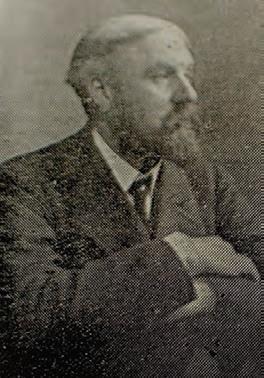DUNLAVIN
DUNL AVIN
– Chris Lawlor
The War of Independence in and around Dunlavin: January 1919 to June 1920 On Saturday 4 January 1919, the Nationalist and Leinster Times carried a report on a large meeting in Baltinglass on 29 December 1918, called for the purpose of supporting the invitation of President Wilson of the USA to Ireland (one of several invitations issued by towns all over the country). One of the principal speakers was from Dunlavin, and it is probable that many Dunlavin people were in attendance that day. Thomas Fleming from Shillelagh apologised on behalf of the newly elected Robert Barton (Sinn Féin), who could not be there, and he gave a rousing speech, stating that ‘the people of Ireland were not looking for Home Rule. Absolute independence was the object, and when they returned Mr. Barton by five to one, they voiced that claim ... [that] seventy-five per cent of the people here in west Wicklow had voted for absolute independence’.1 Dunlavin man John J. Cunningham also addressed the meeting, offering congratulations on the return of Mr. Barton. Cunningham told the gathering that they had proved to the world … that Ireland stands for complete independence. The Irish Party had brought the country to destruction, and it was not in Westminster that redress was to be sought. The rights of small nations must be recognised at the Peace Conference … Some people say that abstention from Westminster is wrong. A few months ago, when conscription was sought to be imposed on the manhood of Ireland, the Irish Party opposed it on the floor of the House of Commons, but they failed. The voice of the people on their own soil had done what the Irish Party could not do across the water, and so the fight for independence must be carried on at home. They had shown by their votes that their wish was to see Ireland, their native land, as free as it was in the days of Saint Patrick. The meeting ended with ‘patriotic songs’ and ‘a large procession, headed by the local Pipers’ Band and Cumann na mBan’.2 On Sunday 5 January, when Robert
97




























